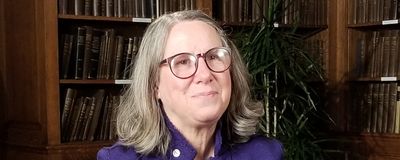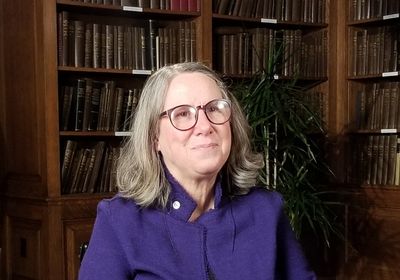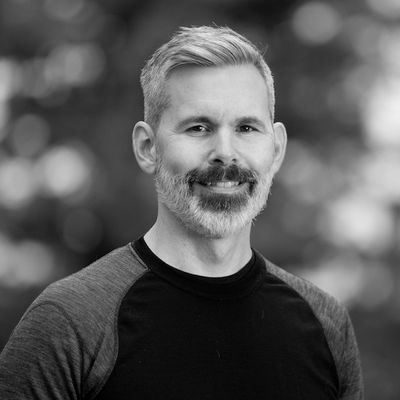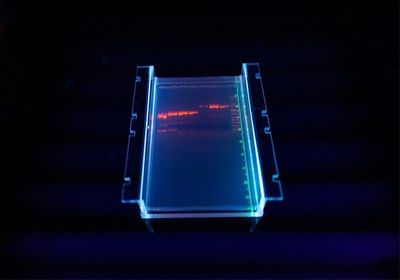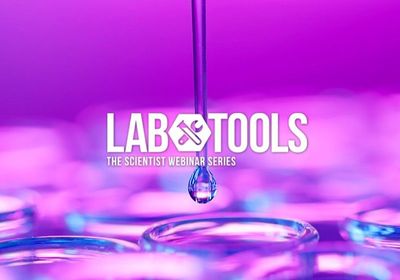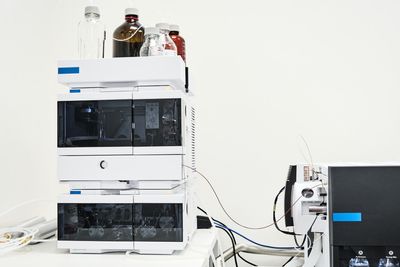ABOVE: Fogel at a workshop about the origins of life Natasha Metzler / Carnegie Institution for Science
One of the biggest existential questions for humanity is: “How did life on Earth begin?” Marilyn Fogel, a pioneer in the field of biogeochemistry, used isotopes to try to answer that question and many others related to Earth’s biogeochemical history. Fogel died at her home in Mariposa, California, on May 11 at the age of 69, reports The Washington Post. Her husband, Chris Swarth, tells the Post that she died of amyotrophic lateral sclerosis (ALS), also known as Lou Gehrig’s disease.
“Driven by her deep curiosity about nature, she fearlessly pursued new knowledge by developing novel methods to probe isotopic and geochemical phenomena across a broad range of disciplines,” Eric D. Isaacs, president of the Carnegie Institution for Science, says in an announcement about Fogel’s death.
Fogel was born on September 19, 1952, in Camden, New Jersey, the Post reports. Growing up in nearby Moorestown, Fogel became fascinated with science and nature at an early age, she explained in her 2013 acceptance speech for the Alfred Treibs Award. Plants, insects, the weather, and space exploration all piqued her curiosity. At the age of 12, she wrote an essay declaring that she wanted her own chemistry lab when she grew up.
In 1970, Fogel began studying at Penn State University, where she majored in biology and discovered the geosciences in her junior and senior years. In her Treibs Award speech, she mentioned having to beg her bowling instructor (physical education classes were required at the time) to allow her to miss class once a week so she could attend an organic geochemistry class. Fogel credited that class with inspiring her to pursue interdisciplinary science for the rest of her career.
Fogel earned a PhD in botany and marine science from the University of Texas at Austin in 1977 and began research at the Carnegie Institute the same year. She spent most of her career as a staff scientist in Carnegie’s Geophysical Laboratory, now called the Earth and Planets Laboratory, according to the institution’s announcement.
Early in her career, Fogel began developing techniques to apply isotopes in innovative ways, according to a NASA obituary. She played a seminal role in using hydrogen isotopes to investigate biological systems and also explored how nitrogen and carbon isotope patterns vary in amino acids, becoming known as the “isotope queen.” Her use of isotopes helped reveal what ancient humans ate and why some early animal species went extinct, according to an announcement from the University of Texas at Austin.
In 2012, she left Carnegie to chair the Life and Environmental Sciences Unit in the School of Natural Sciences at the University of California, Merced. In 2016, she became the director of the Environmental Dynamics and Geo-Ecology Institute at University of California, Riverside. Even after retiring in 2021, she chaired a task force to investigate pollution in the Salton Sea, according to a UC Riverside obituary.
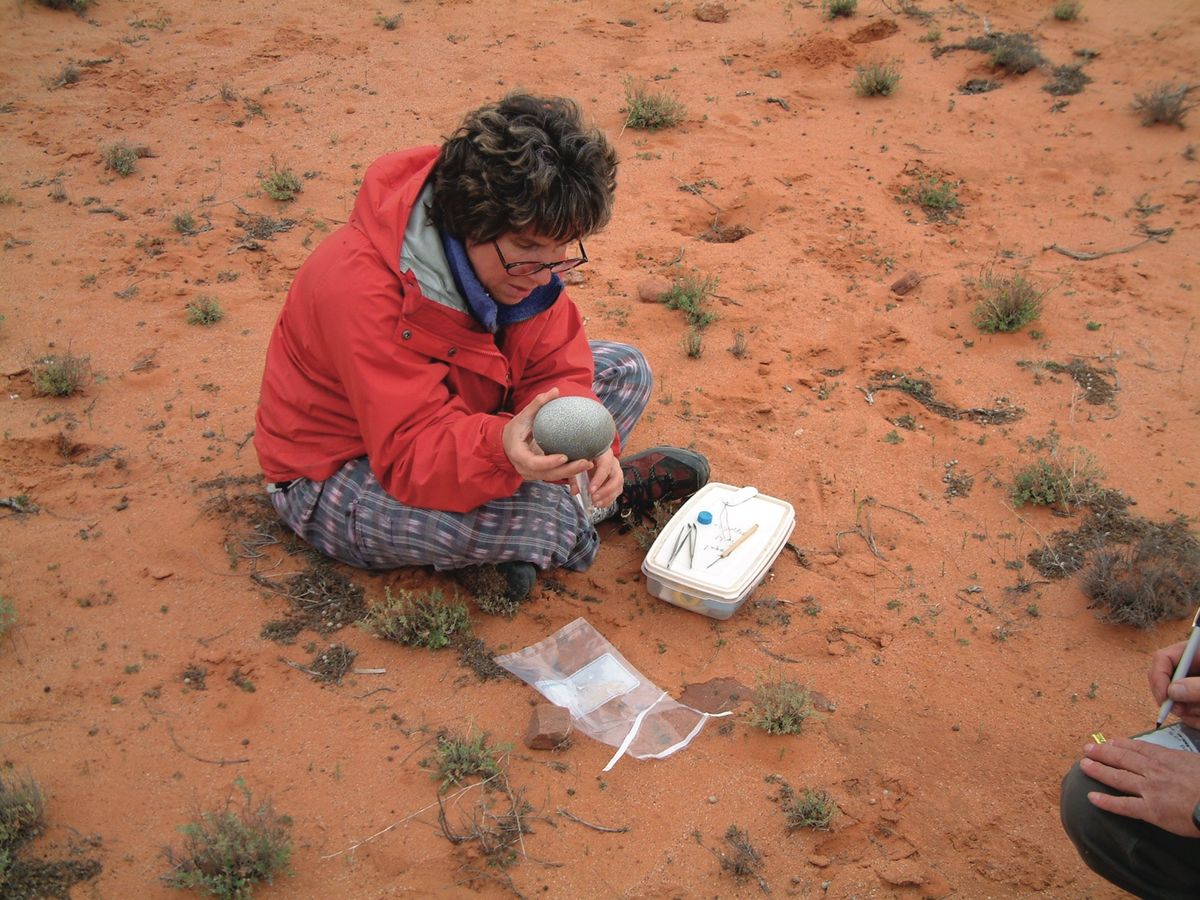
“The scope of her scientific interests was broad, but her pursuit of them was deep, as is evidenced by the tremendous impact of her work and her many awards and recognitions,” Michael Walter, director of Carnegie’s Earth and Planets Laboratory, says in the institution’s press release.
Among many accolades, in 2013, Fogel was the first woman to receive the Alfred E. Treibs Award, which recognizes researchers who advance the field of organic geochemistry. In 2022, she was awarded the Geochemical Society’s highest honor—the V.M. Goldschmidt Award, which celebrates major achievements in the field over the course of a researcher’s career.
Fogel spent much her of career navigating male-dominated work environments. When she started at Penn State, women made up just one-fourth of the student body, according to the university’s announcement of a research fund established in Fogel’s honor. Later, for more than 30 years, she was the only woman staff scientist in her lab at Carnegie. Fogel noted in her Treibs award acceptance speech that, as a result, she became outspoken about opportunities for women. “I developed the reputation of a somewhat of a viper, with thick skin of a rhinoceros, when in reality, I am as thin skinned as an amphibian,” she said. She also took pride in mentoring and sharing her experienced with younger women.
Fogel continued mentoring junior researchers—even after being diagnosed with ALS in 2016—through her blog “Isotope Queen—Biogeochemistry Memoir” and with her book Advice from the Isotope Queen: Building a Meaningful Career While Enjoying a Full Life, according to Carnegie’s announcement. In her last published blog post, she lamented the physical toll of ALS but expressed joy in spending time with family. “I am surrounded by love—loving people, family, friends near and far. I couldn’t be more fortunate.”
Fogel is survived by her husband, their two children, Dana and Evan, and her mother, Florence.

